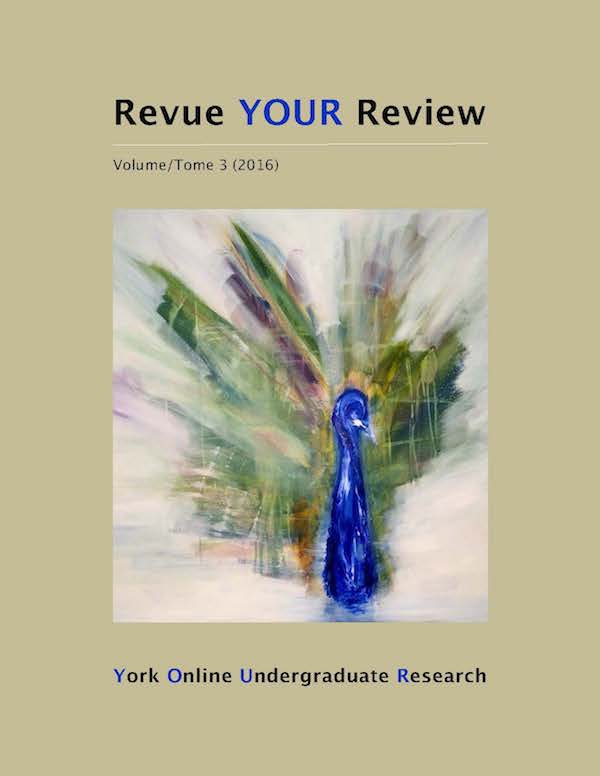Turtle Poaching in Tortuguero: A Need for Holistic Initiatives That Consider Social and Cultural Complexities of Costa Rica
Abstract
Costa Rica is home to one of the highest concentrations of biodiversity in the world (Steinberg, 2001), including six species of sea turtles. Sea turtles are an integral part of marine ecosystems and play a fundamental role in nutrient cycling, maintaining habitats and balanced food webs (Wilson et al., 2010). Turtle poaching in Costa Rica is a critical problem, not only for the health of marine ecosystems, but also for the well-being of the human populations that rely on these ecosystems. Using the town of Tortuguero as a case study, this project investigates the root causes of turtle poaching and the impacts of poaching on the natural environment. Focussing specifically on education and ecotourism initiatives aimed at reducing turtle poaching in Tortuguero, I argue that, although these initiatives are effective in reducing poaching practices by instilling an appreciation for nature and providing an alternative source of income for local populations, they neither give sufficient consideration to the social, economic and cultural complexities which exist in Latin America, nor adequately address the tensions between the interests of local residents, government agents, and conservations groups. Thus, adopting a holistic approach to the poaching issue that considers specific social, historical, and cultural contexts and builds economic stability without jeopardizing local livelihoods or damaging vulnerable ecosystems is fundamental to sea turtle conservation in Tortuguero and the rest of Costa Rica.Downloads
How to Cite
Issue
Section
License
Authors contributing to Revue YOUR Review agree to release their articles under one of three Creative Commons licenses: Creative Commons Attribution 4.0 International; Creative Commons Attribution-NonCommercial 4.0 International; or Creative Commons Attribution-NoDerivatives 4.0 International. All editorial content, posters, and abstracts on this site are licensed under Creative Commons Attribution-NoDerivatives 4.0 International. For further information about each license, see:
https://creativecommons.org/licenses/
In all cases, authors retain copyright of their work and grant the e-journal right of first publication. Authors are able to enter into other contractual arrangements for the non-exclusive distribution of the e-journal's published version of the article (e.g., post it to an institutional repository or publish it in a book or in another journal), with an acknowledgement of its initial publication in this e-journal.


